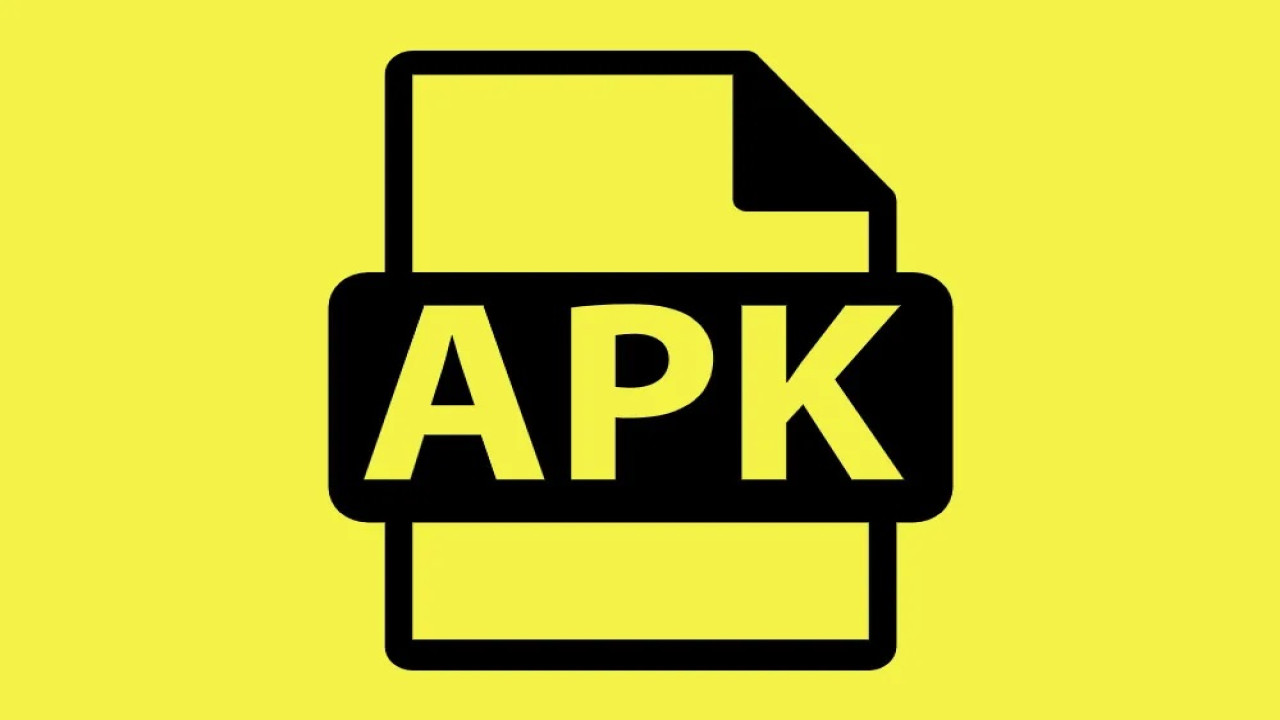The Ultimate Guide to APK File Upload
APK (Android Package) files are the fundamental building blocks of Android applications. If you're an Android developer or wish to distribute your app outside of official app stores, you'll need to understand how to safely and effectively upload APK files. This guide will delve into the essentials and best practices of APK file uploading.
What is an APK File?
- An APK file is a compressed archive that contains all the necessary resources for an Android application to function:
- Code: (Java/Kotlin or any other language supported by Android)
- Resources: Images, layouts, sounds, etc.
- Manifest: A file that outlines permissions, app components, and metadata.
Where to Upload APK Files
- Google Play Store: The official marketplace for Android apps. Requires a developer account and adherence to Google's strict guidelines.
- Third-Party App Stores: Alternatives to the Play Store (e.g., Amazon Appstore, Aptoide). Each may have its own submission processes.
- Self-Hosting: You can host APK files on your website for direct download. However, users must first enable the "Unknown Sources" setting to install them.
Preparing Your APK for Upload
- Development and Testing: Ensure your app is thoroughly tested and optimized for performance, security, and compatibility.
- Code Signing: Digitally sign your APK with a private key as proof of its origin and integrity. This is crucial for establishing trust with users.
- Metadata: Provide accurate information such as :
- App name and description
- Screenshots
- Category
- Target audience
Uploading Steps (Google Play Store Example)
- Create a Google Play Console Account: Sign up if you haven't already.
- Start App Submission: Create a new app listing.
- Upload APK: Follow the guided process to upload your signed APK file.
- Provide Required Information: Fill in all app details, pricing, content ratings, etc.
- Review and Publish: Double-check everything, then submit your app for review. If it meets Google's guidelines, it will be published.
Security Considerations
- Secure Storage: If hosting APKs yourself, use a reliable hosting provider with robust security measures.
- Malware Prevention: Scan APK files with anti-virus software before uploading.
- Restrict Access: If self-hosting, implement download restrictions or authentication.
- User Precautions: Educate users about the risks of downloading APKs from untrusted sources.
References
- Android Developers (Official): https://developer.android.com/
- Google Play Console Help: https://support.google.com/googleplay/
Conclusion
Successfully and safely uploading APK files is a vital skill for any Android developer. By following the steps outlined in this guide and adhering to security practices, you can get your app into the hands of users while safeguarding their devices and data.








Comments (0)